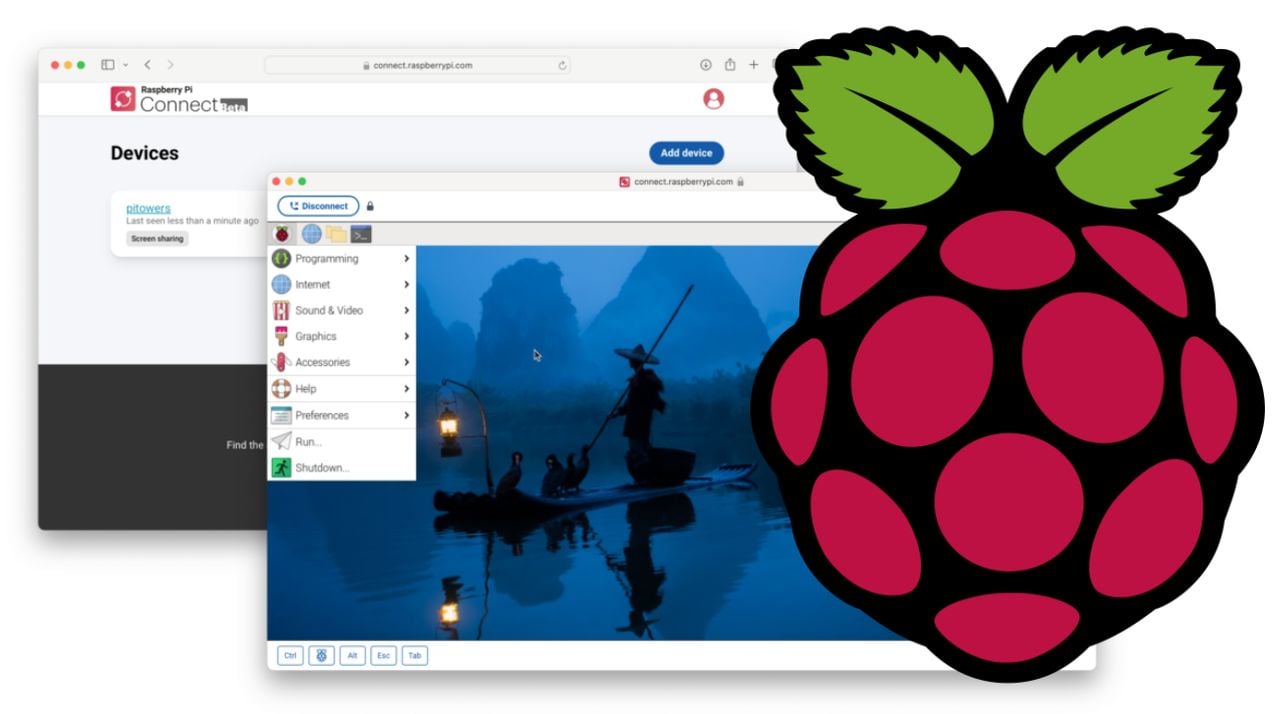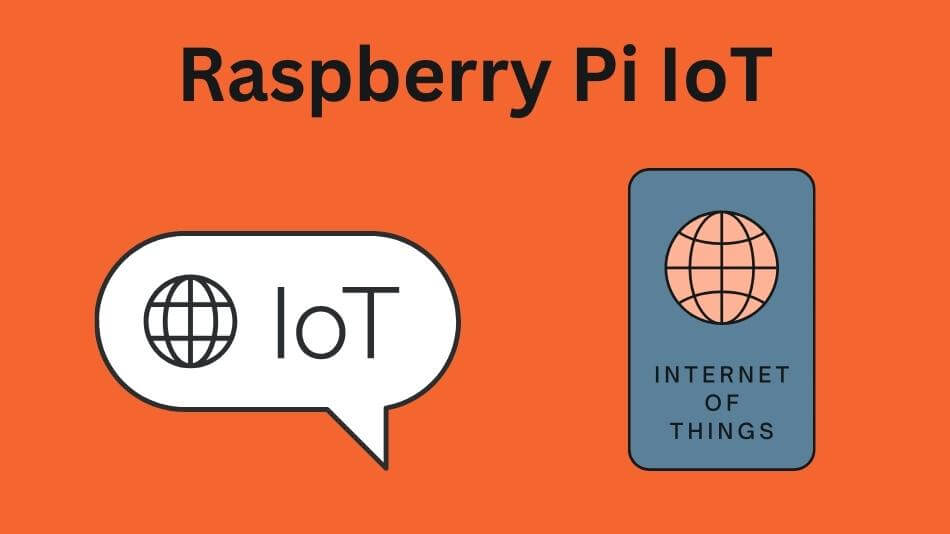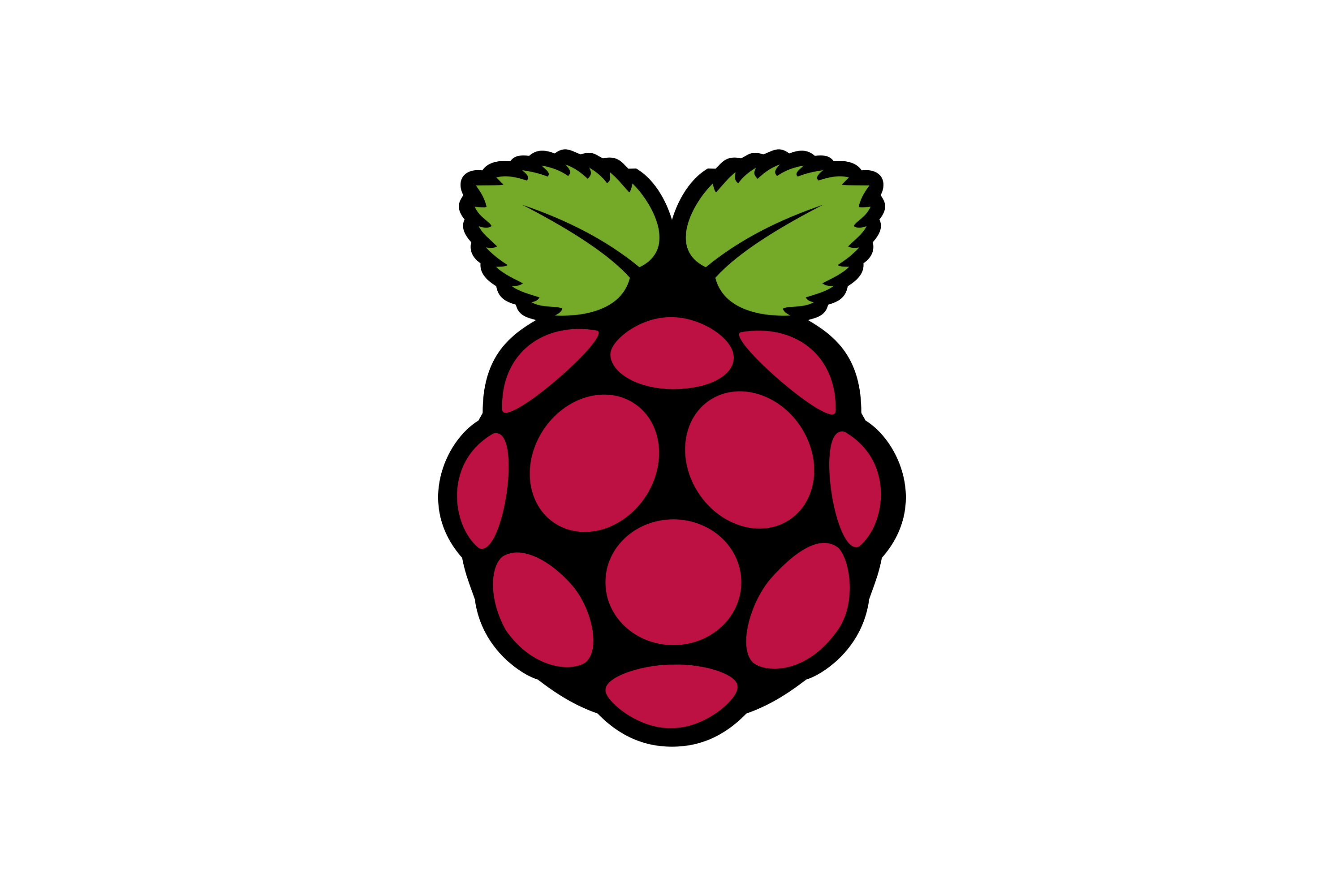Get Started With Raspberry Pi RemoteIoT: Download Free And Unlock IoT Potential
Imagine having a tiny computer that can control everything in your home—from lights to thermostats—and all you need is a Raspberry Pi. Sounds cool, right? Well, Raspberry Pi RemoteIoT is here to make your dreams a reality. Whether you're a tech enthusiast, hobbyist, or just someone curious about the Internet of Things (IoT), this guide will walk you through everything you need to know about downloading Raspberry Pi RemoteIoT for free and setting it up like a pro.
Raspberry Pi RemoteIoT has taken the tech world by storm, and for good reason. It’s not just another software; it’s a game-changer for anyone looking to dive into the world of IoT. With its open-source nature and compatibility with various platforms, it’s no wonder why so many people are flocking to get their hands on it. But where do you start? How do you download Raspberry Pi RemoteIoT for free? Don’t worry, we’ve got you covered.
In this article, we’ll explore everything you need to know about Raspberry Pi RemoteIoT, from its benefits to step-by-step installation guides. Whether you’re a beginner or an advanced user, this guide will help you unlock the full potential of your Raspberry Pi. Let’s dive in!
Read also:Brian Taylor Cohen Partner The Untold Story Of Success And Expertise
Table of Contents:
- Introduction to Raspberry Pi RemoteIoT
- Benefits of Using Raspberry Pi RemoteIoT
- How to Download Raspberry Pi RemoteIoT Free
- Step-by-Step Installation Guide
- Recommended Hardware for Raspberry Pi
- Cool IoT Projects with Raspberry Pi RemoteIoT
- Common Issues and Troubleshooting
- Join the Raspberry Pi RemoteIoT Community
- Security Tips for IoT Devices
- The Future of Raspberry Pi RemoteIoT
Introduction to Raspberry Pi RemoteIoT
Raspberry Pi RemoteIoT is more than just software; it’s a platform that allows you to connect, monitor, and control IoT devices remotely. Designed specifically for Raspberry Pi, this software brings the power of IoT to your fingertips. Whether you’re automating your home or building complex industrial systems, Raspberry Pi RemoteIoT offers endless possibilities.
Why Choose Raspberry Pi for IoT?
There are tons of reasons why Raspberry Pi is the go-to choice for IoT enthusiasts. Here are a few:
- Cost-effective: Raspberry Pi boards are super affordable, making them accessible to everyone.
- Versatile: You can use Raspberry Pi for a wide range of projects, from smart home automation to weather monitoring.
- Community support: With a massive community backing it, you’ll never run out of resources or help.
Benefits of Using Raspberry Pi RemoteIoT
So, why should you consider using Raspberry Pi RemoteIoT? Let’s break it down:
First off, Raspberry Pi RemoteIoT is open-source, which means you have complete control over the software. You can modify it to suit your needs, whether you’re a beginner or an advanced user. Plus, it’s compatible with a wide range of IoT devices, making it super flexible for different projects.
Top Benefits:
- Remote control: Access and control your IoT devices from anywhere in the world.
- Scalability: Start small and scale up as your project grows.
- Cost-effective: No need to invest in expensive hardware or software.
How to Download Raspberry Pi RemoteIoT Free
Now, let’s get to the juicy part—downloading Raspberry Pi RemoteIoT for free. The process is straightforward, but there are a few things you need to keep in mind.
Read also:Remoteiot Platform Download Your Ultimate Guide To Transforming Iot Deployment
Step 1: Visit the Official Website
Head over to the official Raspberry Pi RemoteIoT website. This is the safest and most reliable way to download the software. Avoid third-party sites to ensure you’re getting the genuine version.
Step 2: Choose the Right Version
Depending on your project and hardware, you might need a specific version of Raspberry Pi RemoteIoT. Make sure to select the one that matches your setup.
Step 3: Download and Install
Once you’ve selected the right version, simply click the download button and follow the installation instructions. It’s as easy as pie!
Step-by-Step Installation Guide
Now that you’ve downloaded Raspberry Pi RemoteIoT, it’s time to install it on your Raspberry Pi. Follow these steps to get started:
Step 1: Prepare Your Raspberry Pi
Before installing the software, make sure your Raspberry Pi is set up and ready to go. This includes installing the latest version of Raspberry Pi OS and connecting it to a power source.
Step 2: Install Dependencies
Raspberry Pi RemoteIoT requires certain dependencies to run smoothly. Use the following command to install them:
sudo apt-get update && sudo apt-get install -y python3-pip python3-venv
Step 3: Clone the Repository
Next, clone the Raspberry Pi RemoteIoT repository from GitHub using the following command:
git clone https://github.com/remoteiot/raspberry-pi-remoteiot.git
Step 4: Set Up the Virtual Environment
Create a virtual environment to keep your project isolated and free from conflicts:
python3 -m venv remoteiot-env
Step 5: Install the Software
Activate the virtual environment and install the software using pip:
source remoteiot-env/bin/activate && pip install -r requirements.txt
Recommended Hardware for Raspberry Pi
While Raspberry Pi RemoteIoT is compatible with most Raspberry Pi models, some are better suited for IoT projects than others. Here are our top recommendations:
Raspberry Pi 4 Model B
This is the most powerful Raspberry Pi model available, making it ideal for complex IoT projects. With its dual-band Wi-Fi and Bluetooth capabilities, it’s perfect for remote monitoring and control.
Raspberry Pi Zero W
If you’re on a budget, the Raspberry Pi Zero W is a great option. It’s small, affordable, and still packs enough punch for basic IoT applications.
Cool IoT Projects with Raspberry Pi RemoteIoT
Now that you’ve got Raspberry Pi RemoteIoT up and running, it’s time to put it to use. Here are a few cool IoT projects you can try:
Smart Home Automation
Create a smart home system that allows you to control lights, thermostats, and other devices remotely. You can even integrate voice assistants like Amazon Alexa or Google Assistant for hands-free control.
Weather Station
Build your own weather station using Raspberry Pi RemoteIoT. Monitor temperature, humidity, and other environmental factors in real-time.
Common Issues and Troubleshooting
Even with the best-laid plans, things can go wrong. Here are some common issues you might encounter with Raspberry Pi RemoteIoT and how to fix them:
Issue: Software Not Running
Solution: Make sure all dependencies are installed and the virtual environment is set up correctly. Check the logs for any error messages.
Issue: Connectivity Problems
Solution: Verify that your Raspberry Pi is connected to the internet and that the Wi-Fi settings are correct. Restart the device if necessary.
Join the Raspberry Pi RemoteIoT Community
One of the best things about Raspberry Pi RemoteIoT is the vibrant community surrounding it. Join forums, attend meetups, and collaborate with other enthusiasts to learn and grow together.
Security Tips for IoT Devices
Security is paramount when it comes to IoT devices. Here are a few tips to keep your Raspberry Pi RemoteIoT setup secure:
- Use strong passwords and enable two-factor authentication.
- Keep your software and firmware up to date.
- Limit access to your devices to trusted networks only.
The Future of Raspberry Pi RemoteIoT
As technology continues to evolve, so does Raspberry Pi RemoteIoT. With new features and improvements on the horizon, the possibilities are endless. Stay tuned for exciting updates and advancements in the world of IoT.
So, there you have it—everything you need to know about Raspberry Pi RemoteIoT. From downloading the software to setting up your first IoT project, this guide has you covered. Now it’s your turn to take action. Download Raspberry Pi RemoteIoT for free, experiment with different projects, and join the community to share your experiences.
Got any questions or feedback? Leave a comment below or share this article with your friends. Let’s make the world a smarter place, one Raspberry Pi at a time!
Article Recommendations


